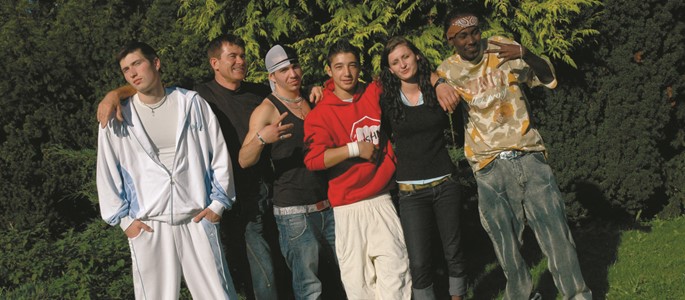Waiting time for asylum children prejudices their chance of family reunification
450 unaccompanied minors are waiting for too long, with serious consequences
Politiken wrote on 27 September that almost 100 unaccompanied refugee children have been waiting almost a year for their asylum cases to be processed in Denmark. It is regrettable that, despite the lowest immigration figures in 5 years, and 120 new caseworkers, the backlog cannot be overcome. According to the authorities' own guidelines, unaccompanied minors ought to be processed faster than other asylum seekers. Right now, a total of 450 children are awaiting a decision on their case.
The long wait also has a direct impact on whether minors end up being able to have their parents and younger siblings join them in Denmark. It is typically Syrian children who seek to have their family join them in Denmark, and the Danish Immigration Service has recently established a practice for such decisions. The first 11 decisions can be read in anonymous form here (in Danish).
One of the deciding factors is the child's age – and here weight is placed both on the child's age at arrival in Denmark and at the time of the decision on family reunification. The dividing line is around 15 years of age, but also depends on other factors. You cannot submit an application for family reunification until you have been granted asylum, and the child has no right to a lawyer to fill out the long forms and submit the proper documents for them. Therefore, the children are dependent on help from the adults around them, who are typically educators or social workers without understanding of the family reunification process. Even the most conscientious municipalities struggle to provide qualified help, because it must be at the municipality's own expense.
The organisation Refugees Welcome, which provides legal assistance to refugees, sees a number of cases where the child or guardian have not made the application correctly in the first place, and therefore the cases can drag on for up to 2 years. For example, if the child is 14 years old on arrival, and waits 1 year to get asylum and then 2 further years for the family reunification application to be processed, the child will be 17 years old at decision time and will be refused family reunification unless there are other, very specific, circumstances in the case. If the same 14 year old is lucky enough to have his or her asylum case decided after a few months and get help to apply properly for reunification, he or she might only be 15 years old at decision time and have a much better chance of securing reunification.
In this way, a long wait in the decision on the initial asylum case directly contributes to fewer unaccompanied refugee children being allowed to bring their parents here, just like the long wait in processing the family reunification application also having a negative impact on their chances.
It seems hard to find an explanation for the great differences in waiting time for handling of asylum cases for unaccompanied minors: from 20 weeks to one year. The Danish Immigration Service explained, in a reply to Politiken, that the reasons for the differences included that some cases awaited age assessment and responses from other countries concerning the children's travel routes and where they originated. However, information on travel routes would rarely be important, as unaccompanied minors are generally not transferred according to the Dublin Regulation.
Refugees Welcome has the example of a 15 year old boy from Eritrea who arrived exactly one year ago and was granted asylum after 4 months. According to this boy, his best friend from the same street in the same city and the same age arrived in January this year and has still not even been to interview. Neither boy has been age tested, and neither had identification papers. And they travelled the same way, with no fingerprints taken in Italy. (Proviso: all our information about the second boy comes from the first.)


